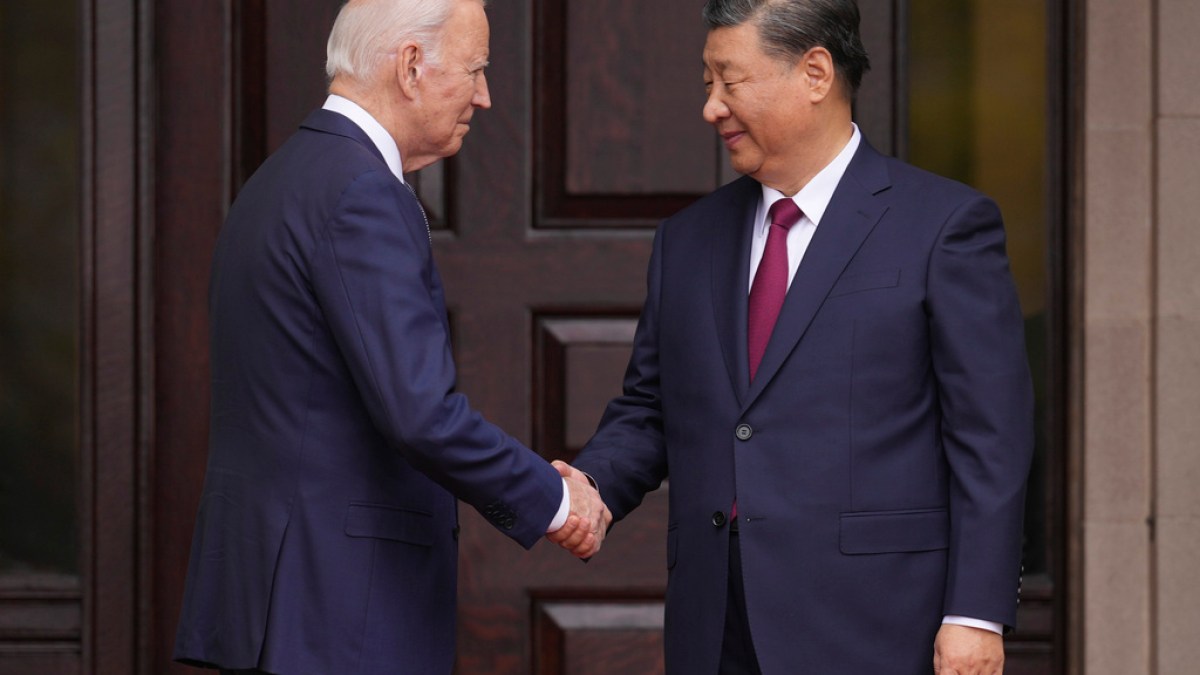Polio campaign reaches 94,000 children in besieged north — Global Issues

Polio campaign reaches 94,000 children in besieged north — Global Issues

The UN-supported polio vaccine campaign concluded in besieged northern Gaza on Monday, with agencies inoculating 94,000 children, but thousands still remain out of reach.
Richard Peeperkorn of the World Health Organization (WHO) in the Occupied Palestinian Territory said the target was to reach all children in the north with the second and final dose.
Yet the ongoing year-long war combined with weeks of siege and Israel’s constant displacement orders and bombings has presented serious delays and obstacles.
Nearly 80 per cent covered
Still, the UN agency for Palestine refugees, UNRWA, said 79 per cent of children in the northern Gaza Strip are now completely vaccinated against polio.
“Humanitarian pauses are critical for the rollout of this vital campaign, but without a lasting #CeasefireNow children will continue to suffer and die,” UNRWA said on social media early Monday.
Top UN officials were alarmed at violent incidents reported at some of the sites where parents, their children and aid workers gathered for the campaign roll out.
WHO’s chief Tedros Adhanom Ghebreyesus expressed grave concern over the weekend about reports of attacks on a health centre.
UNICEF asks Israel to investigate
The head of the UN Children’s Fund (UNICEF) Catherine Russell, in a statement released late Saturday, stressed that attacks on civilians, including humanitarian workers and what remains of Gaza’s civilian facilities and infrastructure must stop.
“Taken alongside the horrific level of child deaths in north Gaza from other attacks, these most recent events combine to write yet another dark chapter in one of the darkest periods of this terrible war,” she said.
“The entire Palestinian population in north Gaza, especially children, is at imminent risk of dying from disease, famine and the ongoing bombardments,” she warned, adding that UNICEF is asking Israel for an immediate investigation into the circumstances surrounding an attack on its staff member and that actions to be taken to hold accountable those found responsible.
Delivering amid conflict
The incidents occurred during agreed upon humanitarian pauses, in place from 6am to 4pm during the three-day campaign. Eradicated in Gaza 25 years ago, polio reappeared earlier this year amid the multiple humanitarian crises triggered by the war, which began following deadly Hamas-led attacks on Israel in October 2023.
To date, Israel’s war on Gaza has killed more than 43,000 people, according to Gaza’s health ministry, and destroyed vast swathes of the Strip, including water supply stations and health centres.
Despite access challenges, the Polio Technical Committee for Gaza, which includes the Palestinian Ministry of Health, WHO, UNICEF, UNRWA and partners, decided to resume the campaign, which had been postponed since 23 October due to the lack of security assurances.
Early Saturday morning, 216 teams deployed across 106 fixed sites, 22 of which had been added to ensure increased availability of vaccination in areas where recently displaced people are seeking refuge, according to UN agencies.
In addition, more than 200 social “mobilisers” engaged communities and raised awareness around vaccination efforts.
Mission almost accomplished
The campaign in northern Gaza follows the successful implementation of the first two phases of the second round in central and southern Gaza, which reached 451,216 children, or a total of 96 per cent of the target in these areas.
To interrupt the easily spreadable poliovirus, at least 90 per cent of all children in every community and neighbourhood must be vaccinated, according to WHO.
A delay in administering a second dose of nOPV2 within six weeks reduces the impact of two closely spaced rounds, decreasing immunity, according to the UN health agency.
WHO also warned that having a significant number of children miss out on their second vaccine dose seriously jeopardises efforts to stop the spread of the virus and could also lead to further cases in the Gaza Strip and neighbouring countries.




